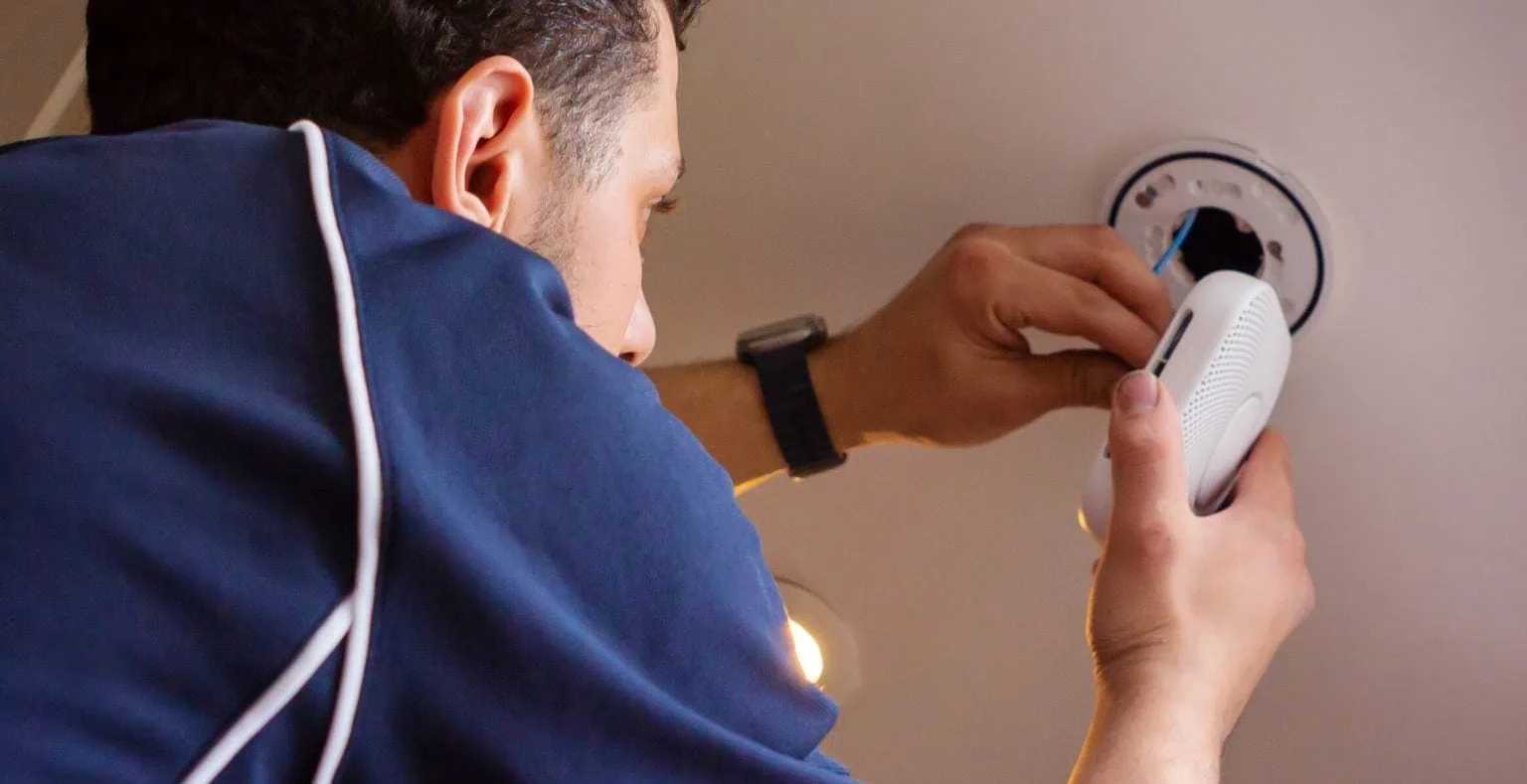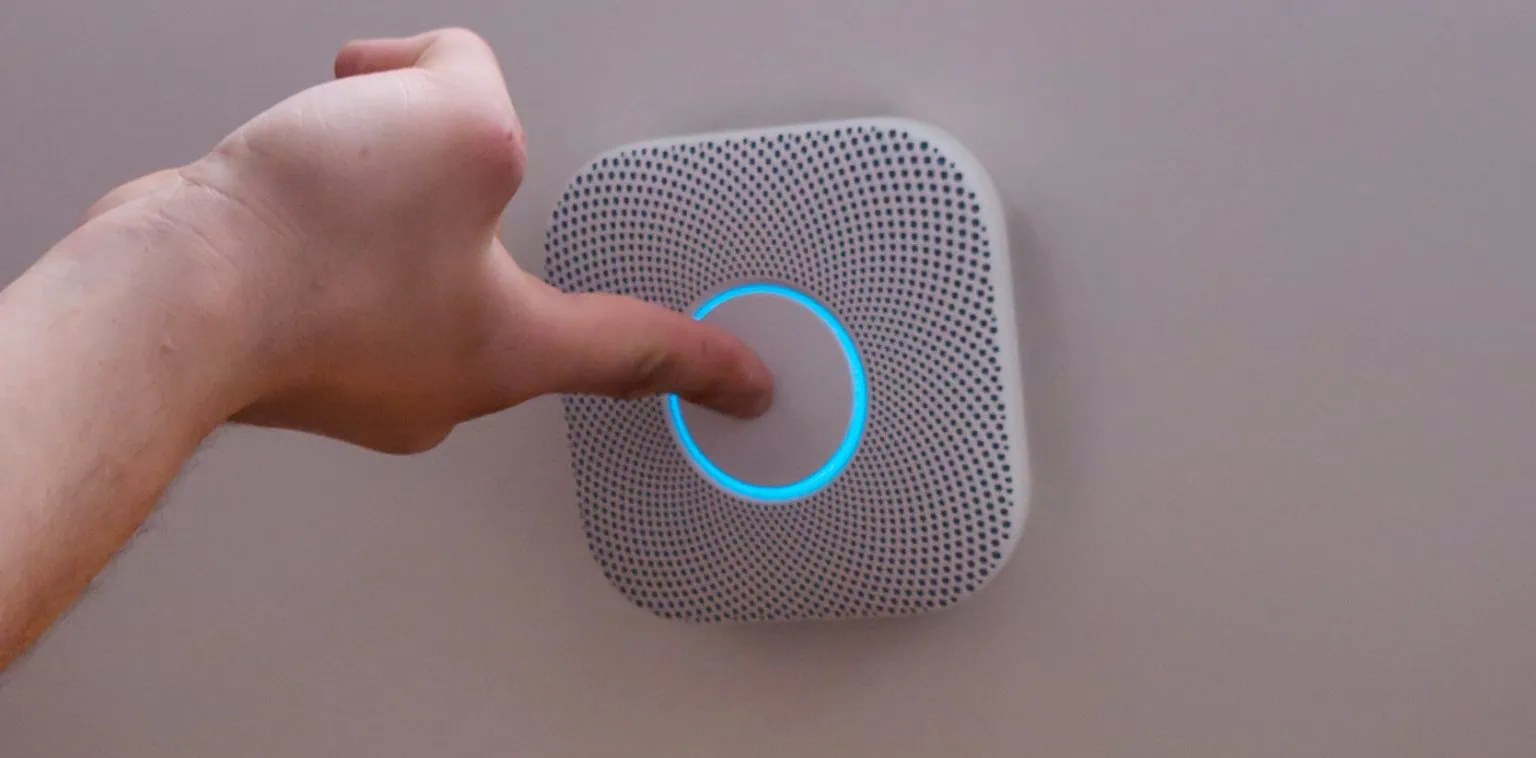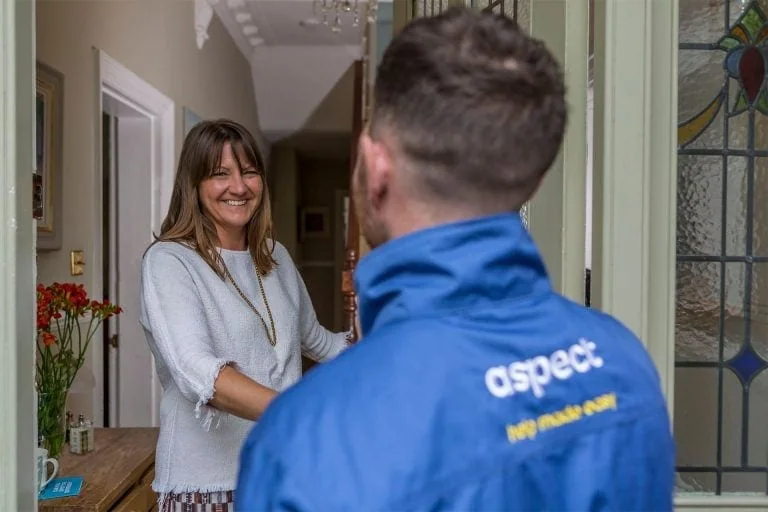Are your CO, heat and smoke alarms in date? The expert’s guide to staying safe
According to the London Fire Brigade, there are over 30 thousand house fires and hundreds of injuries caused by carbon monoxide (CO) poisoning each year. You may think that testing your smoke alarms, heat alarms and CO alarms is enough to stay safe, but that’s not actually true. You also have expiry dates to think about. Once these lapse, there’s no guarantee your alarms will work when you really need them. Thankfully, all alarms are clearly marked so you’ll know exactly when to replace them.
Keeping everyone safe is easy. This guide provides advice from our industry experts and outlines the simple things you can do to improve safety.

Do I need CO, heat and smoke alarms to insure my home?
Your insurance provider will want to know that your CO, smoke and heat alarms are within date and tested regularly. If a fire breaks out and the insurer discovers that one or more detectors were out of date, then they may refuse your claim. We recommend checking your home insurance policy just to be sure what’s expected of you.
How often should I test my smoke alarms?
We recommend checking your smoke alarms, heat alarms and CO alarms once a week. Depending on the brand, you may need to press the button for up to 20 seconds until the alarm sounds. Testing your alarms like this is a great form of maintenance, and it’s also worth cleaning off the dust and grease that can build on them.
Smoke, heat and CO alarms should be replaced after the expiry date found on the back or side of the unit. Don’t ignore this date; if the components fail, the alarm could make the right sound when tested but fail to react to smoke, heat or CO gas in the property.
Tip: By making sure your alarms are in date and fully functional, you more than double your chances of escaping the property unharmed if there’s a fire or carbon monoxide leak.
What are the landlord smoke alarm requirements?
Hardwired CO, smoke and heat alarms will be checked as part of the Electrical Installation Condition Report (EICR), which must be done every five years. If you’re renting out a ‘house in multiple occupation’ or HMO, there should be a smoke alarm in all habitable spaces (bedrooms and living rooms) that lead to a hallway but don’t have a fire door. If the rented property isn’t an HMO, there must be a smoke alarm on each storey.
Beyond that, it’s the tenants who are responsible for testing the CO, heat and smoke alarms, then informing their landlords of potential issues.
Landlords who don’t need to renew their EICR but want their alarms checked (such as for insurance purposes) can book a visit from one of our electricians. On completion, they’ll provide a smoke and carbon monoxide alarm certificate.
Where should I install CO, heat and smoke alarms at home?
We recommend homeowners put a smoke alarm on each storey, minimum. Ideally, you should follow the HMO landlord requirements and put one in each main living space that leads to a hallway, unless it has a fire door.
Heat alarms should be fitted in kitchens, where smoke alarms aren’t viable. These should be placed at least a metre from the oven, otherwise they could be prone to false alarms when you’re cooking.
Place CO alarms no further than three metres from any fixed gas-burning appliance. CO is heavier than smoke, so these detectors should be placed near your gas boiler, close to your kitchen stove, and in the same room as your gas fire.
What should I do if my smoke alarm, heat alarm or CO alarm keeps beeping?
Continuous beeping is a telltale sign of a fault with the alarm, but don’t assume this is the case. Before you do anything, make sure everyone in your property is safe. If there’s no problem and the alarm keeps going off, then you’ll have to replace the battery or the unit itself.
Important! Carbon monoxide is tasteless and odourless. Symptoms include dizziness, confusion, headaches and blurred vision. Your CO alarm will usually sound different if it detects gas or if there’s a flat battery. If you’re unsure, get everyone out and call the National Gas Helpline on 0800 111 999.
How can I avoid false alarms?
False alarms can happen when you’re cooking food. It’s a nuisance, but a good sign that your alarms are doing their job.
While you may be tempted to turn the alarms off, cover them, or remove the battery, we recommend you avoid doing this. You could forget to turn them back on, and you may damage the wires or motherboard if you remove the batteries too often. Instead, open windows or a backdoor to remove the smoke if possible.
Tip: Some modern alarms feature hush buttons. These let you turn the alarm’s sensitivity down for up to 10 minutes, so you can avoid setting the alarm off while you cook. Be aware that hush mode only raises the tolerance of these alarms, so they might still go off if they detect very high levels of heat or smoke.
If the heat detector in your kitchen routinely sounds the alarm, then it may be too close to the oven. We can advise on the best place for your heat detector and then move it for you.

Which smoke alarm is the best?
It doesn’t matter which brand of smoke, heat or CO alarm you get. Simply being proactive about gas and fire safety could one day save lives. That said, we often recommend Nest and Aico smart detectors to our customers. These use radio interlinking technology, so when one alarm detects a problem, the others also activate. If an alarm sounds on the ground floor and you’re sleeping upstairs, an interlinked alarm will tell you immediately, giving you more time to get to safety.
We recommend wired interlinked alarms over the battery-powered units, which can also be interlinked. Hardwired alarms connect to the main electrical supply and have a battery backup to ensure they work if there’s a power cut. In contrast, battery-powered alarms are dependent on batteries alone.
We can also install multi-sensor alarms. These feature multiple sensor types to detect a combination of smoke and carbon monoxide, or heat and carbon monoxide. A member of our team will be able to advise on the best models available and where to place them in your property, providing you with peace of mind regarding gas and fire safety.
Book a qualified electrician

Our experts test, install and replace hardwired alarms in domestic and commercial properties.
- Knowledge and advice you can trust
- Smart interlinked alarms available
- Half-hour rates from £42.75 + VAT
- One hour minimum
Was this article helpful?
Think we could improve this article? Please let us know